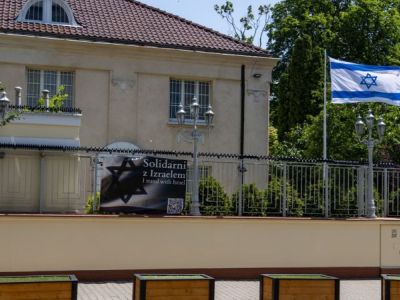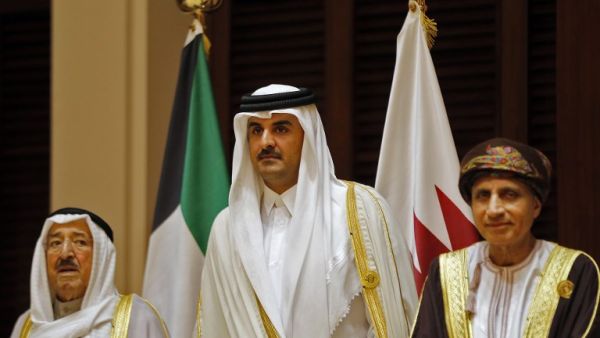Bahrain’s foreign minister said Qatar was stirring up a military escalation in a dispute with Gulf states, in an apparent reference to Doha’s decision to let more Turkish troops enter its territory.
Turkey has increased the number of its troops in the base since the crisis erupted.
“The foundation of the dispute with Qatar is diplomatic and security-oriented, never military,” Shaikh Khalid Bin Ahmad Al Khalifa, said in a message on Twitter.
“Bringing in foreign armies and their armoured vehicles is the military escalation that Qatar has created,” he added, without mentioning Turkey.
In earlier tweets on Sunday, Shaikh Khalid said external interference would not solve the problem.
In another tweet, he said that Qatar had to end its political dichotomy.
“There is a contradiction in Qatar’s policy. Either compliance with the regional (GCC) system and its joint and bilateral defence treaties with the major international ally or regional interference,” he posted to his nearly 394,000 followers.
Two contingents of Turkish troops with columns of armoured vehicles have arrived in Doha since the crisis erupted, along with 100 cargo planes loaded with supplies.
Turkey also rushed through legislation to send more troops to the base days after the sanctions were imposed in a show of support.
Interference will not solve crisis
Some regional powers are mistaken if they think that their interference will solve the Qatar crisis, he said.
“It is in the interest of these powers to respect the existing regional system that is capable of addressing any emergency,” he posted on his Twitter account.
Qatar is a member of the Gulf Cooperation Council, the alliance set up in 1981 that also comprises Bahrain, Kuwait, Oman, Saudi Arabia and the United Arab Emirates.
Bahrain, Saudi Arabia, the United Arab Emirates and Egypt on June 5 severed their diplomatic relations with Qatar to protect their national security and stability after they accused Doha of supporting and funding terrorist groups.
The countries also began a trade boycott and closed off their airspace, airports and seaports to ships and planes registered in Qatar.
Some countries in the region have expressed support with Qatar, offered several types of deals to boost their ties with Doha and called for ending the boycott.
However, Shaikh Khalid highlighted that the GCC is well capable of solving its own issues without the need for regional interference.
This article has been edited for length from the original.










